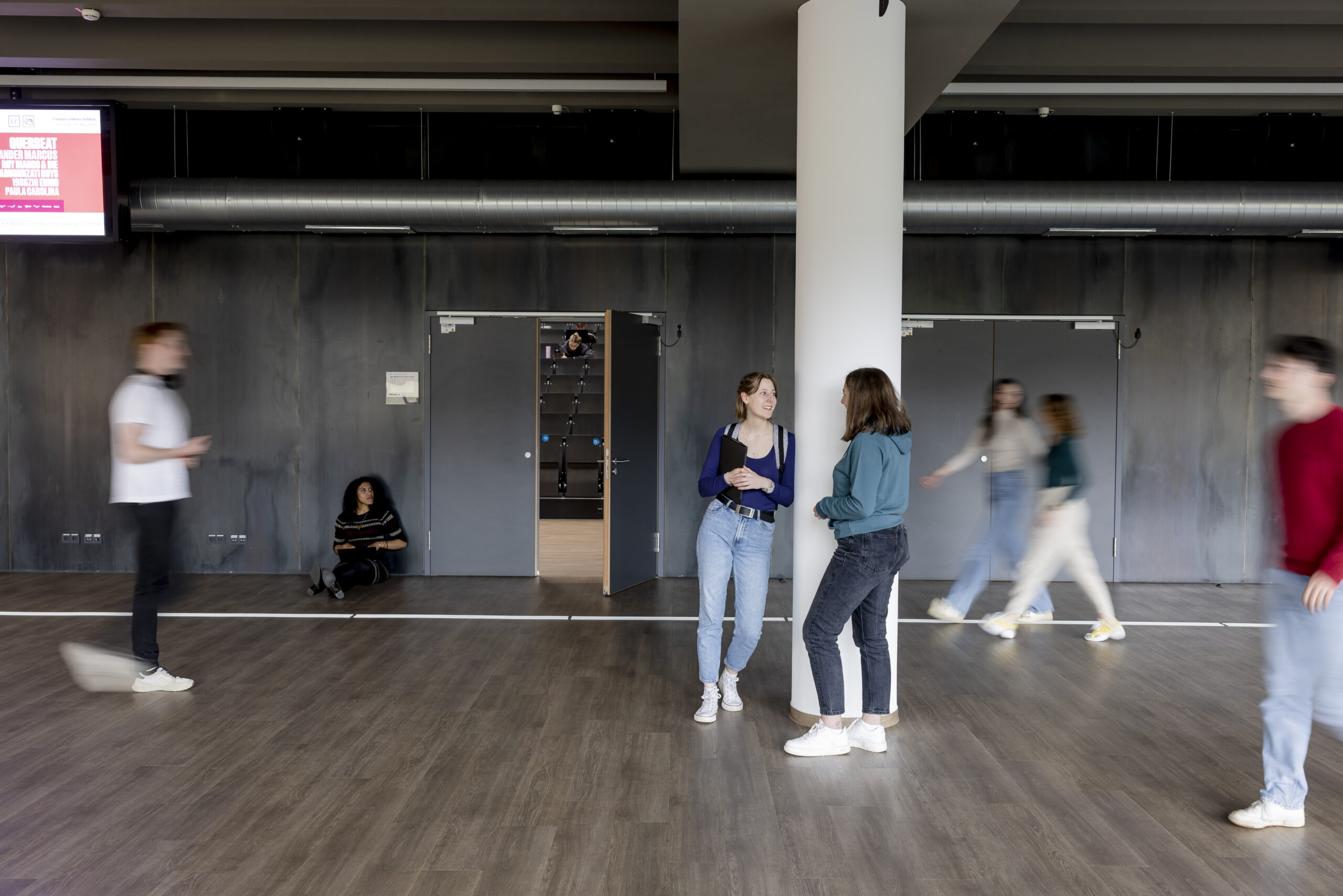
Master
philosophy
Short info about the course of study
| Restricted admission | Standard period of study | Start of studies |
| no | 4 semesters 8 semesters (part-time) | Summer and winter semester |
Authorisation procedure
The program is admission-free, but an application is required.
Application deadline
01 October to 15 March Application possible for the summer semester
completion
Master of Arts
Further information about the degree programme
Language of instruction
German
The course of study
In the Master Philosophy you can expand and deepen your philosophical knowledge and skills at a high level. You will benefit from a wide range of courses with a focus on epistemology, philosophy of mind, ontology, practical philosophy or the history of philosophy.
In regular lectures, colloquia and field trips, you will gain insights into current international research debates and can independently focus on "self-study", whereby the Philosophical Seminar offers you an excellent research environment with internationally networked and recognised research focuses.

5 Reasons to Study Philosophy
in Siegen
✓ small seminars and close contact with teachers
✓ good, individual support (no mass subject)
✓ Involvement in research possible and possibility to set your own priorities
✓ Summer Schools and opportunity to benefit from the international networking of the Philosophical Seminary
✓ interesting focal points of the teachers, for example: Philosophy of Time, Analytical Ontology/Metaphysics (Time, Substance); Philosophy of physics (space-time, quantum theory); Kant's Theoretical Philosophy; Philosophy of Psychoanalysis (Freud); philosophy of economics (money); Kant's practical philosophy, especially commentary on Kant's works; Historiography of philosophy in the 19th century; Philosophy of the Middle Ages and the Early Modern Period, such as Cusanus; (intercultural) philosophy didactics, philosophizing with children
Career prospects
The Master Philosophy promotes your analytical and critical thinking. The problem presentation or positioning on issues qualifies you for a variety of professional fields in which argumentative, analytical or problem-solving skills are required; These include media and communication, management, educational and cultural work or advisory activities. In principle, the Master also qualifies you for a doctorate.
This is what Sebastian Nähr says about his course of study:
‘But why study philosophy – especially a master’s degree – in Siegen?’
Read more
Maybe studying philosophy is not such a crazy idea and maybe there are nice corners in Siegen, but a great location for studying philosophy isn't really Siegen, is it? Yes, it is! The subject of philosophy at the local university actually makes Siegen an outstanding location for such a university. Because what you can already experience in the Bachelor's degree program is increasingly continuing in the Master's program: An outstanding scientific staff makes it possible to use productively the initial condition of the – despite the surprisingly large cultural offer – still existing small-town tranquility for the study through an exciting range of courses.
Admission requirements
The Master's programme in Philosophy is open to anyone who:
- a relevant B.A. degree; or
- has completed equivalent courses of study in philosophy.
Philosophical majors and minors are relevant.
Professional knowledge of at least 45 credit points must be demonstrated, including knowledge in areas of basic philosophical skills, theoretical philosophy and practical philosophy. If at least 36 credit points are available, an additional module (from the module offer of the Philosophy Bachelor) in the amount of 9 credit points can be restudied.
The current examination regulations always apply.
Study organisation
Subject examination regulations including course plans and module descriptions
Framework examination regulations (RPO-M) and the general subject-specific regulations of the subject examination regulations (PHIL-FPO-M) define the general framework conditions for studying in Siegen and at the Faculty of Arts and Humanities. In addition, subject examination regulations of the individual (sub-)courses (FPOs) determine the basic structures of a (sub-)course (e.g. entry requirements and content to be studied). The subject examination regulations are accompanied by course plans, which represent the recommended exemplary course of study in the individual subjects, as well as module descriptions (content information on modules).
For students, the current version of an FPO automatically applies when enrolling in the first semester.

Advice and contact
Make an appointment now at:
info.studienberatung@zsb.uni-siegen.de
or by phone at: 0271 740-2712
(Mon – Thu: 9 a.m. - 4 p.m. / Fri: 9 a.m. – 12 noon)